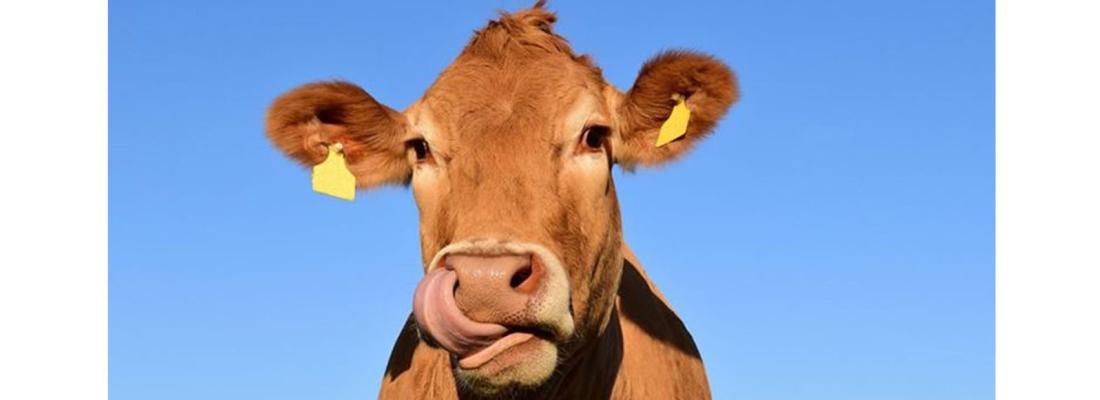An international collaboration identifies new genes influencing beef production
Published on 01 December 2023

Breeding can make a significant contribution to this goal of sustainability. A first step may be to identify the genes and their variants that influence the various traits linked to meat production. Specific genetic analyses, generally carried out within a given population of animals, can reveal regions of the genome containing these genes. The results of these analyses can then be combined in a 'meta-analysis' that brings together data from several populations, increasing the power of detection of the genes involved and improving the resolution of their localization. This approach leads to more complete and accurate results, and therefore to better identification of the genes and gene variants associated with the expression of the traits of interest.
As part of the European BovReg project, meta-analyses were carried out to gain a better understanding of the genetic bases of five groups of essential traits in cattle production (milk and meat production, health, feed efficiency and reproduction). With regard to meat production, INRAE researchers and partners from Switzerland, Germany and Canada worked together to gather data from more than 50,000 animals coming from 15 pure- or cross-bred populations, taking into account 30 million variants in the bovine genome. These meta-analyses, carried out on an unprecedented scale for traits related to growth, morphology and carcass characteristics, identified numerous genes and genetic variants associated with these traits. In particular, this approach has revealed regions of the genome not identified in previous population-based analyses, enabling the genes and genetic variants involved to be better targeted. Some of these genes were already known, such as the myostatin gene, certain mutations of which are responsible for muscular hypertrophy. But the meta-analysis has also revealed the effect of other genes that were previously little or unknown, such as a gene encoding a protein that potentially regulates the expression of a large number of genes and has a strong effect on many traits associated with beef production.
These discoveries help to better identify the genes that influence traits linked to meat production in cattle. They pave the way for future research into improving production efficiency through animal selection. More generally, they show that, by making it possible to combine large datasets, international collaborations can speed up the production of knowledge, in this case on the genetic determinism of traits that are important for moving towards more sustainable beef production.
Reference: Sanchez M.-P., Tribout T., Kadri N., Chitneedi P.K., Maak S., Hoze C., Boussaha M., Croiseau P., Philippe R., Spengeler M., Kuhn C., Wang Y., Li C., Plastow G., Pausch H., Boichard D. Sequence-based meta-analyses for beef production traits. Genetics Selection Evolution, 55:70. https://doi.org/10.1186/s12711-023-00848-5
